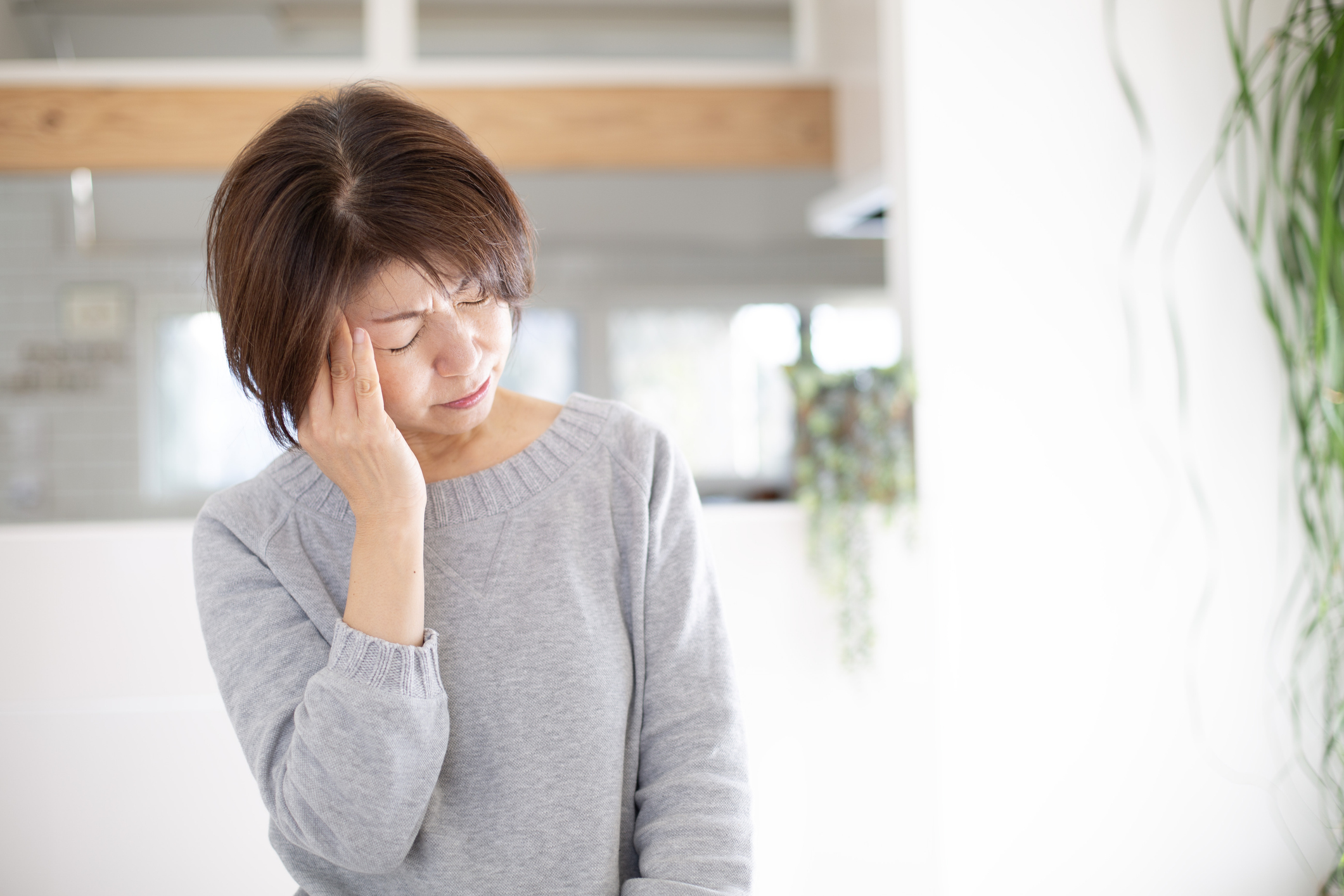Unlock the Key to Reducing Inflammation | Build a Healthier Foundations Is Your Body Suffering from Chronic Inflammation?


By Arlene-Frances Wu | Senior Nutritionist
Have you ever felt physically tired, easily bloated, or emotionally low without a clear reason?
These seemingly minor discomforts may actually be warning signs of chronic inflammation in your body.
We all know how important it is to maintain our health — but do you really understand the role inflammation plays inside your body?
Inflammation is the body’s natural response to infection or injury.
In the short term, it serves as a protector. However, when inflammation becomes chronic, it can turn into a silent threat to health. Long-term chronic inflammation is closely linked to cardiovascular diseases, diabetes, and even certain serious conditions. Therefore, regulating the body’s inflammatory response and keeping it within a healthy range is a key strategy for maintaining overall.
What is an anti-inflammatory diet?
An anti-inflammatory diet focuses on foods rich in antioxidants, healthy fats, and fiber to help reduce inflammation in the body. This type of eating is not only flavorful but also offers great benefits for overall health.
A typical anti-inflammatory diet includes:
- Fresh fruits and vegetables: such as dark leafy greens (spinach, kale), berries (blueberries, strawberries), and cruciferous vegetables (broccoli, cabbage)
- Fish rich in omega-3 fatty acids: such as salmon and mackerel, or plant-based sources like flaxseeds and walnuts
- Healthy fats: olive oil, avocado oil, or avocados
- Spices: ginger, turmeric, and other natural anti-inflammatory seasonings
- Seaweeds: such as Mekabu and Mozuku, which are excellent anti-inflammatory foods

Nutritionists Recommend Seaweed: A Natural Treasure for Fighting Inflammation

When it comes to anti-inflammatory foods, seaweed is undoubtedly an essential choice.
Not only does seaweed add rich flavor to dishes, but it also serves as a natural ally in the body’s fight against inflammation. It is rich in minerals such as iodine, calcium, and magnesium, which help maintain electrolyte balance and support metabolism.
In addition, the unique antioxidants found in seaweed can help reduce inflammation within the body.
Studies have shown that seaweed offers multiple health benefits, such as helping to lower blood pressure, promoting gut health, and positively supporting the immune system.
Four Key Reasons Why You Should Choose an Anti-Inflammatory Diet

Four Key Reasons Why You Should Choose an Anti-Inflammatory Diet
✅ Promotes Overall Health:
Reduces the risk of chronic diseases such as heart disease and diabetes
✅ Boosts Energy Levels:
Helps reduce fatigue so you feel energized every day
✅ Improves Mood:
Nutrition is closely linked to emotional well-being—an anti-inflammatory diet can support better mental health
✅ Enhances Quality of Life:
Healthy eating habits lead to a more comfortable body and a happier life
Since an anti-inflammatory diet offers so many benefits, remember to start choosing healthier eating habits today. Give yourself a boost of vitality and embrace each new day with energy and positivity!
Let’s Eat Anti-Inflammatory
Better Health – More Energy
More Happiness – Better Quality
Start Today – Give Your Immunity a Boost!
Want more health tips? Subscribe to our monthly newsletter or visit our website!
